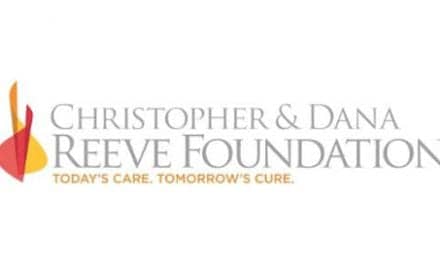A study showed that Mexican Americans were more likely to use less intensive rehabilitation services than their non-Hispanic counterparts.
Mexican American stroke survivors in a South Texas study were more likely to use less intensive forms of rehabilitation services than their non-Hispanic white peers, and nearly one-third of all the stroke survivors did not receive any rehabilitation within 90 days of their stroke, according to preliminary research to be presented at the American Stroke Association’s International Stroke Conference 2023.
Even though stroke death rates among Mexican Americans are lower than their non-Hispanic white peers, previous research has shown that they often have worse outcomes and suffer greater disability after stroke.
One factor contributing to how well stroke survivors recover is the type of rehabilitation they receive in the window of time after the stroke, explained lead study author Lynda Lisabeth, PhD, MPH, a professor of epidemiology at the University of Michigan in Ann Arbor.
“The more intensive forms of stroke rehabilitation that are provided at inpatient or skilled nursing facilities have better outcomes than less intensive forms of rehabilitation,” said Lisabeth. “Our objective was to identify what factors may impact the type of rehabilitation a person gets. We want to know if there are barriers to getting the most intensive level of rehabilitation, then we can develop interventions that target those barriers, which will help to maximize rehabilitation across the board and potentially reduce these disparities.”
Researchers examined the link between ethnicity and the use and type of rehabilitation accessed by stroke survivors during the first 90 days after a stroke. They enrolled 554 participants from a South Texas community in the Brain Attack Surveillance in Corpus Christi Project (BASIC) soon after their stroke.
Two-thirds of the participants were Mexican American adults (66%), and one-third were non-Hispanic white adults. Nearly half were women, and the median age was 66 years.
The study was conducted between 2019 and 2021. During this period, researchers conducted telephone interviews to determine the type of rehabilitation the stroke survivors received after hospital discharge, such as outpatient, home health, inpatient, or skilled nursing facility.
Participants were called every two weeks for three months and asked about their care. Based on in-person and telephone interviews, assessments were made of functional ability and depression at 90 days, along with information about the post-discharge care received.
The study found:
- One-third of all study participants did not receive rehabilitation during the three months after their stroke.
- Two-thirds (67%) of Mexican American stroke survivors, compared to just over half (56%) of non-Hispanic white peers, received some form of post-stroke rehabilitation.
- Mexican American stroke survivors were younger (median age of 65 vs. 70 for non-Hispanic whites), had lower levels of education and income, more health problems, higher average body mass index, and worse functional outcome and depression at 90 days compared to non-Hispanic white peers in this study.
- After accounting for factors such as age, income, and other health conditions, Mexican American stroke survivors had almost two times higher odds of using any rehabilitation than non-Hispanic white stroke survivors.
- Mexican American stroke survivors were more likely to use outpatient (11% vs. 5%, respectively) and home health rehabilitation (38% vs. 30%, respectively) compared to their non-Hispanic white peers.
There were no major differences in the use of inpatient rehabilitation and skilled nursing facilities between the Hispanic and non-Hispanic white groups.
“There are many factors that drive the type of rehabilitation stroke survivors receive or if they can access rehabilitation,” said Lisbeth. “We want to better understand the barriers and preferences of Mexican American stroke survivors, so we may help develop culturally sensitive interventions that may increase the chances of stroke survivors going to inpatient rehabilitation, which contributes to better recovery.”
The International Stroke Conference will be held in person in Dallas and virtually on February 8-10, 2023. It is a world premier meeting for researchers and clinicians dedicated to stroke and brain health science.
Photo 159484466 © Alberto Jorrin Rodriguez | Dreamstime.com





